Are you addicted to video games?
World Health Organization lists gaming disorder as a medical condition
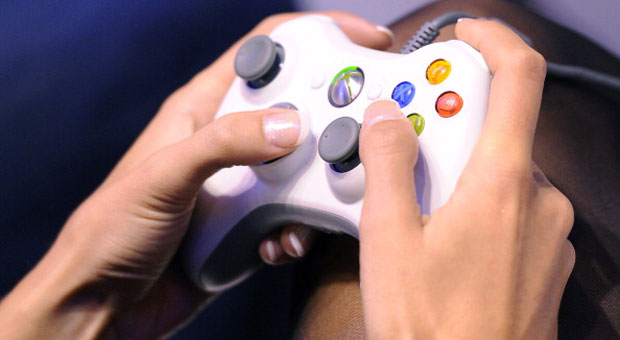
A free daily email with the biggest news stories of the day – and the best features from TheWeek.com
You are now subscribed
Your newsletter sign-up was successful
People hooked on video games such as Fortnite will be able to seek help from the NHS from today, as the World Health Organization (WHO) adds gaming addiction to its list of officially recognised medical conditions.
“Gaming disorder” appears in the new draft of the organisation’s International Classification of Diseases, the “highly regarded compendium of medical conditions”, says The New York Times (NYT). The classification is expected to be formally adopted next year.
The designation may “help legitimise worries about video game fans who neglect other parts of their lives” and make gamers more willing to seek treatment, says the US newspaper.
The Week
Escape your echo chamber. Get the facts behind the news, plus analysis from multiple perspectives.

Sign up for The Week's Free Newsletters
From our morning news briefing to a weekly Good News Newsletter, get the best of The Week delivered directly to your inbox.
From our morning news briefing to a weekly Good News Newsletter, get the best of The Week delivered directly to your inbox.
There have been a number of recent high-profile stories about video game addiction, including reports of a nine-year-old who was found sitting on a urine-soaked cushion because she couldn’t tear herself away from the screen.
One doctor likened his patients with a Candy Crush Saga obsession to cocaine addicts. “Their lives are ruined, their interpersonal relationships suffer, their physical condition suffers,” he told the NYT.
WHO will now notify governments around the world that they will be expected to incorporate “gaming disorder” into their health systems, although some critics are skeptical about how many resources the NHS will devote to the problem, says The Daily Telegraph.
So how do you know if you have an addiction?
A free daily email with the biggest news stories of the day – and the best features from TheWeek.com
What is gaming disorder?
According to WHO, players with an addiction feel like they are not in control of their gaming habits, give priority to gaming over other interests and daily activities, and continue to play despite the negative consequences.
“For gaming disorder to be diagnosed, the behaviour pattern must be of sufficient severity to result in significant impairment in personal, family, social, educational, occupational or other important areas of functioning and would normally have been evident for at least 12 months,” the WHO website says.
Should all gamers be concerned?
An estimated 2.6 billion people worldwide play video games, according to the Entertainment Software Association, a US body representing video game publishers. However, studies suggest that only a small proportion of players will be affected by gaming disorder.
WHO recommends that players should “be alert to the amount of time they spend on gaming activities, particularly when it is to the exclusion of other daily activities”. They should also watch out for any physical or psychological changes that might be attributed to their gaming behaviour.
What does the video game industry say?
The industry has pushed back against the gaming addiction, says The New York Times. A coalition of video game organisations claims that the new classification is “deeply flawed” and that the “educational, therapeutic, and recreational value of games is well-established and recognised”.
-
 Buddhist monks’ US walk for peace
Buddhist monks’ US walk for peaceUnder the Radar Crowds have turned out on the roads from California to Washington and ‘millions are finding hope in their journey’
-
 American universities are losing ground to their foreign counterparts
American universities are losing ground to their foreign counterpartsThe Explainer While Harvard is still near the top, other colleges have slipped
-
 How to navigate dating apps to find ‘the one’
How to navigate dating apps to find ‘the one’The Week Recommends Put an end to endless swiping and make real romantic connections
-
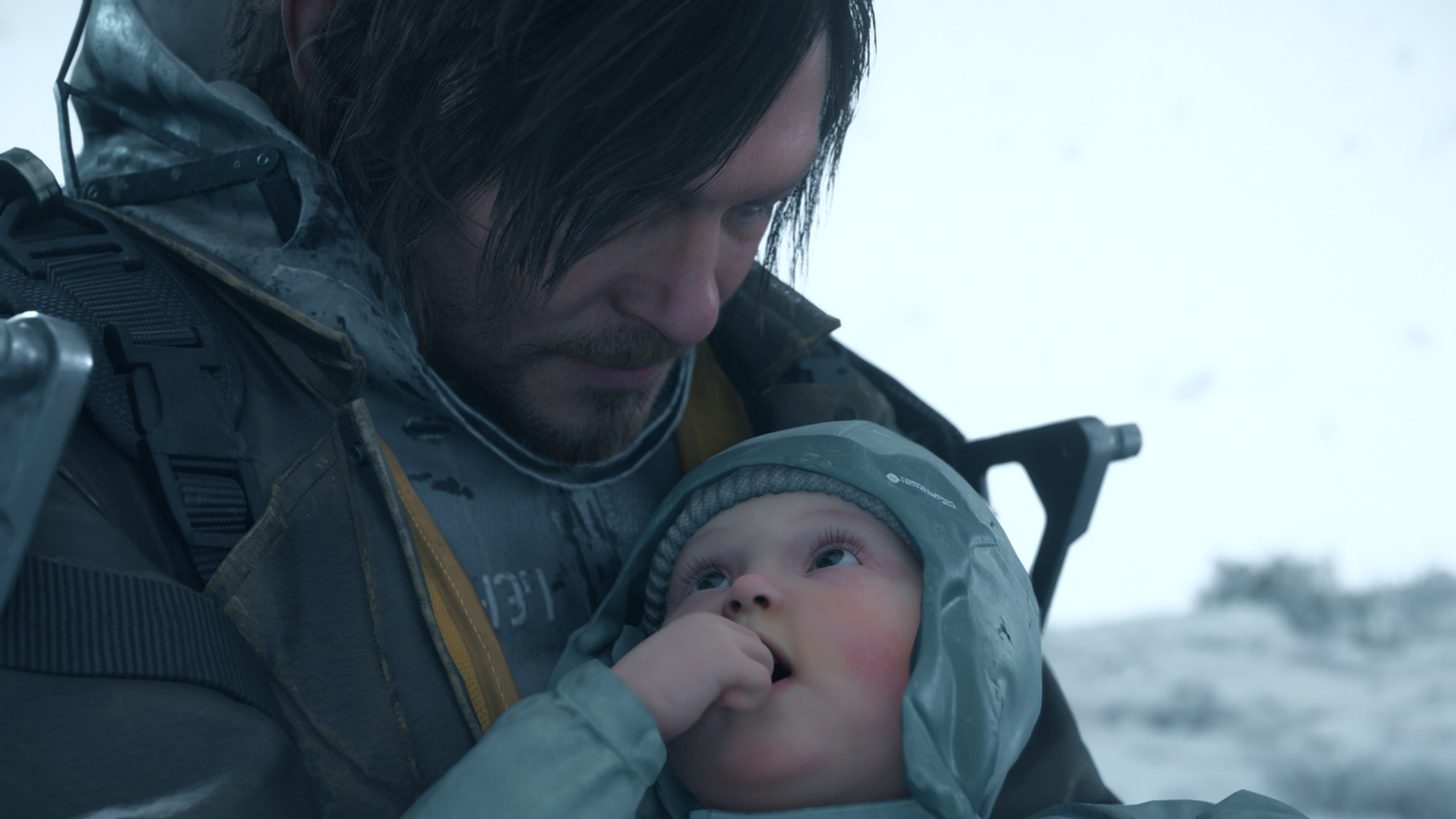 The most notable video games of 2025
The most notable video games of 2025The Week Recommends Download some of the year’s most highly acclaimed games
-
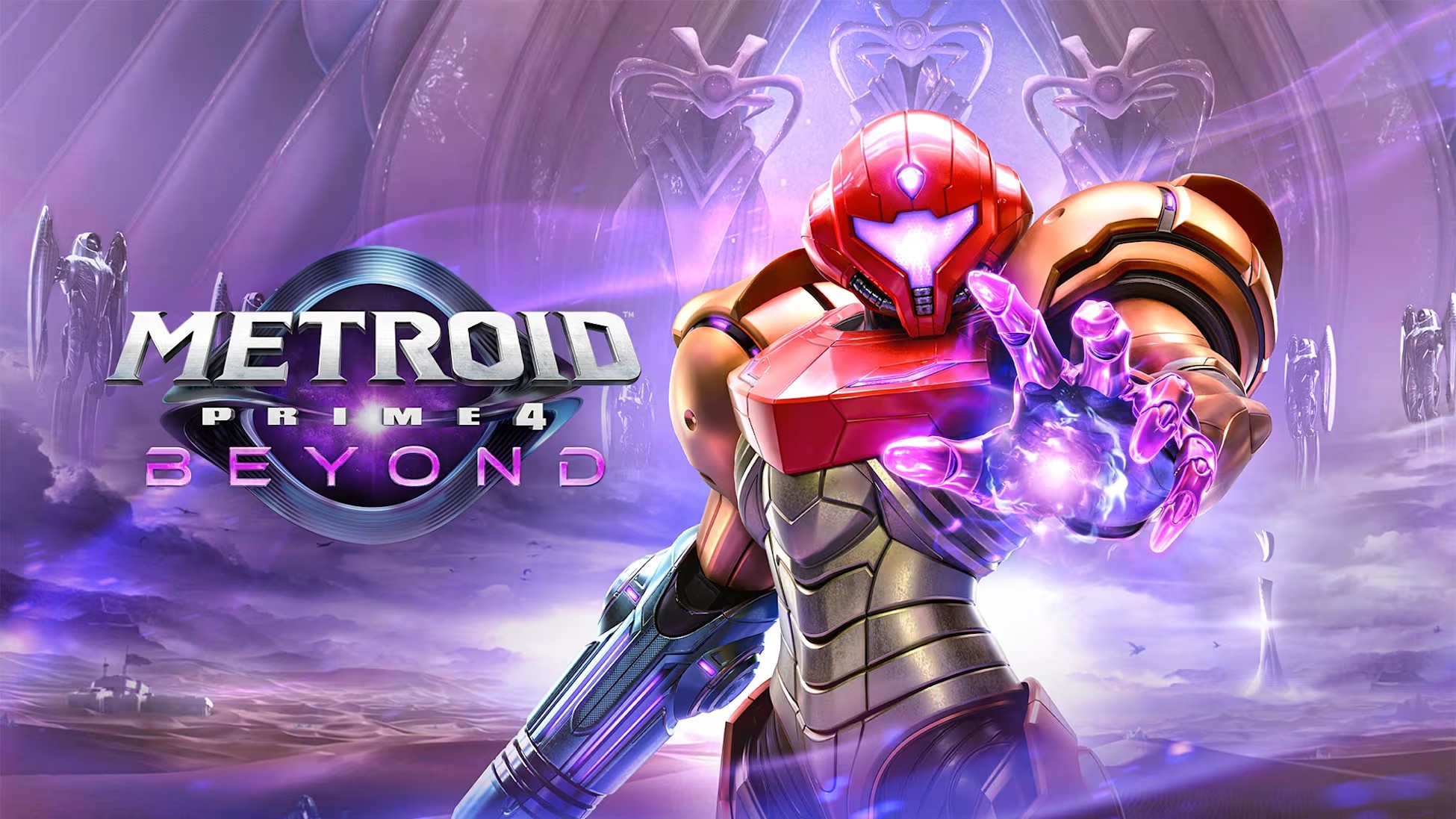 Video games to tackle this winter, including Marvel Cosmic Invasion and Metroid Prime 4: Beyond
Video games to tackle this winter, including Marvel Cosmic Invasion and Metroid Prime 4: BeyondThe Week Recommends A new entry for the Metroid Prime series makes it out of development hell, plus a sequel that brings back the chaotic comedic timing of ‘High on Life’
-
 Video games to curl up with this fall, including Ghost of Yotei and LEGO Party
Video games to curl up with this fall, including Ghost of Yotei and LEGO PartyThe Week Recommends Several highly anticipated video games are coming this fall
-
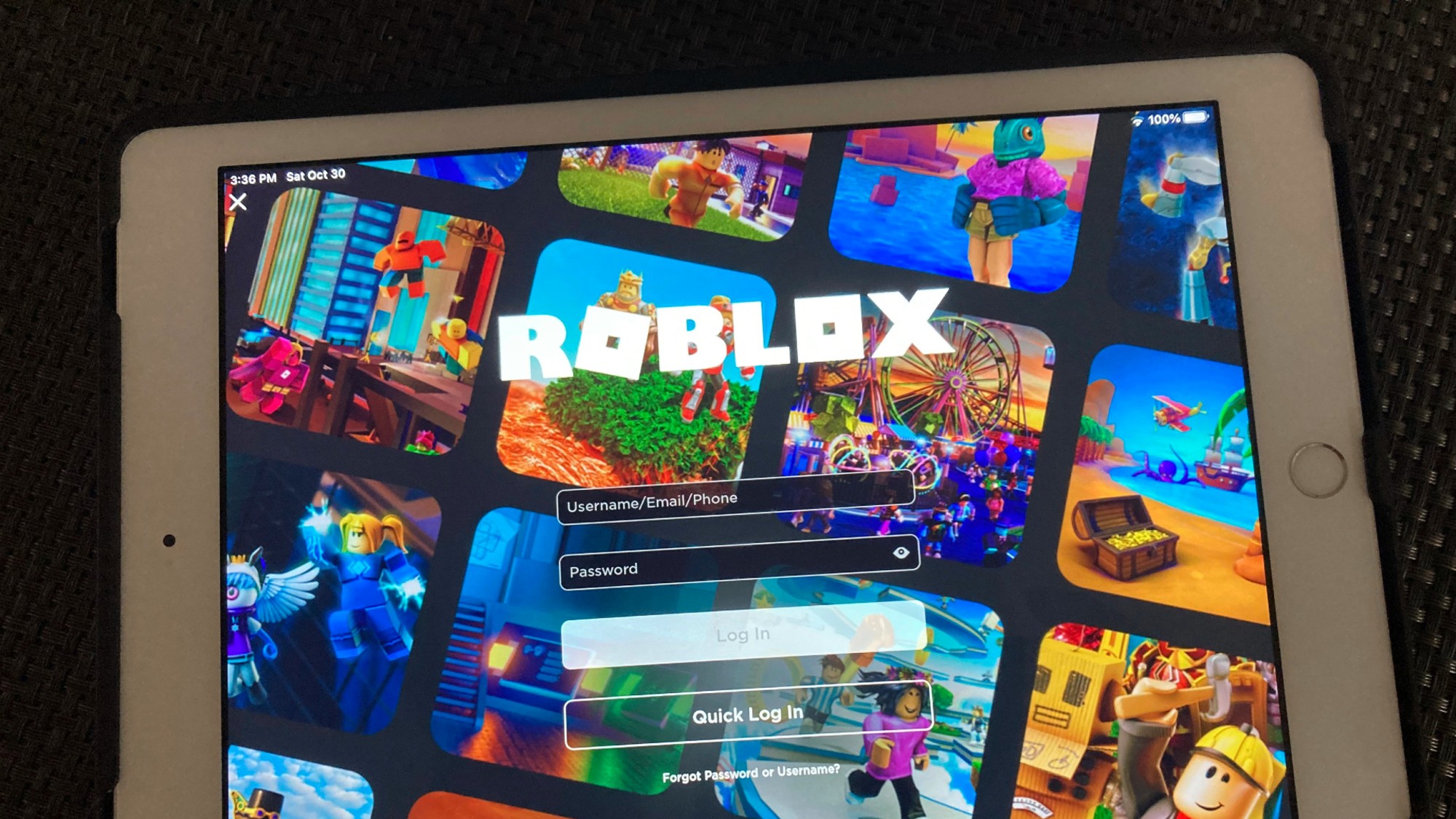 Roblox, one of the world's most popular video games, has become a bastion of hate speech
Roblox, one of the world's most popular video games, has become a bastion of hate speechThe Explainer The platform has over 111 million daily users
-
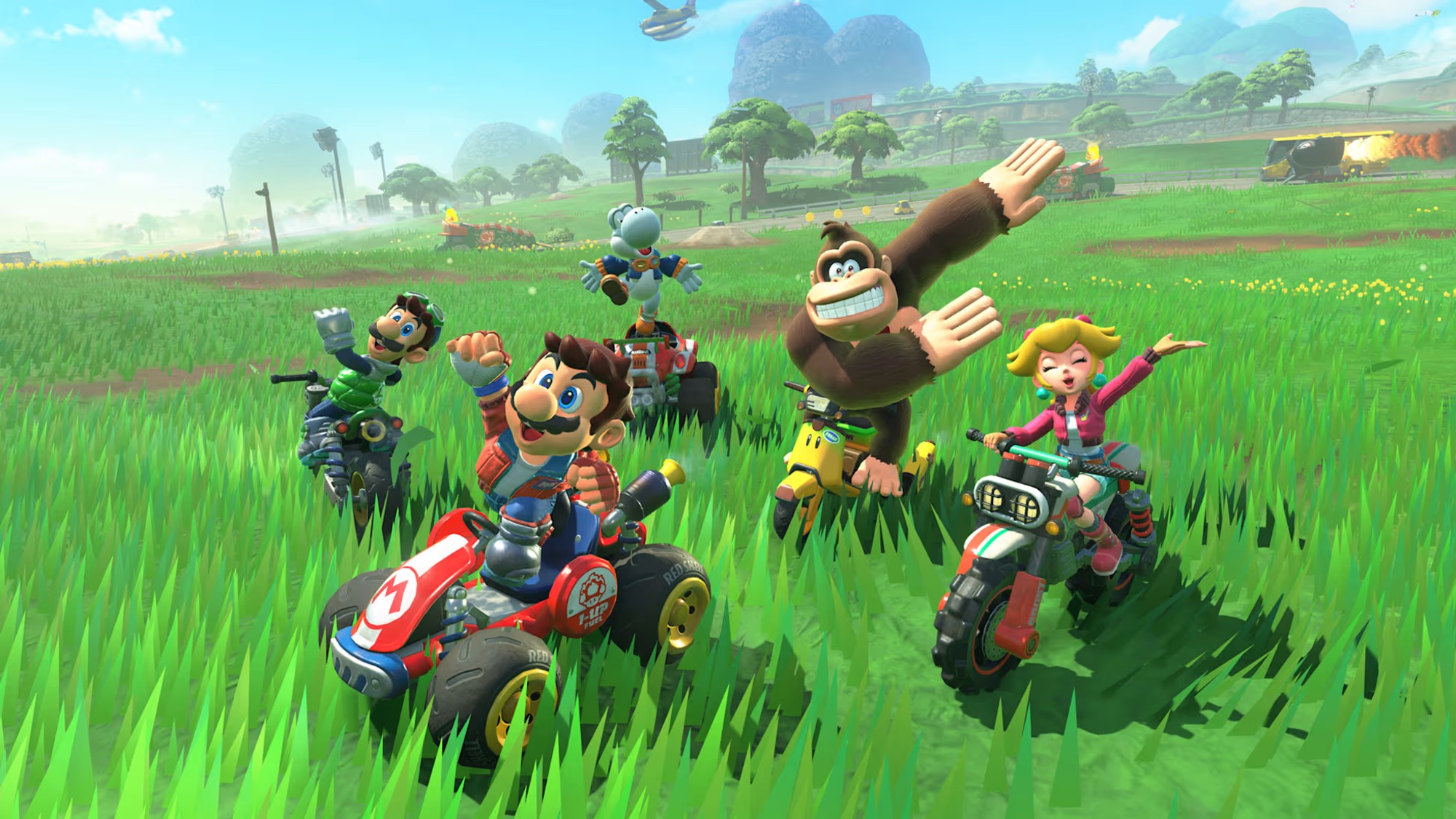 Video games to immerse yourself in this summer, including Mario Kart World and Shinobi: Art of Vengeance
Video games to immerse yourself in this summer, including Mario Kart World and Shinobi: Art of VengeanceThe Week Recommends Nintendo launches the Switch 2 with an exclusive Mario Kart entry, and Sega revisits an arcade classic
-
 Doom: The Dark Ages – an 'exhilarating' prequel
Doom: The Dark Ages – an 'exhilarating' prequelThe Week Recommends Legendary shooter adds new combat options from timed parries to melee attacks and a 'particularly satisfying' shield charge
-
 Movies to watch in April, including 'A Minecraft Movie' and 'The Legend of Ochi'
Movies to watch in April, including 'A Minecraft Movie' and 'The Legend of Ochi'The Week Recommends An all-timer video game gets a wacky adaption, Ryan Coogler makes a vampire flick and a new fantasy puts practical effects back in the spotlight
-
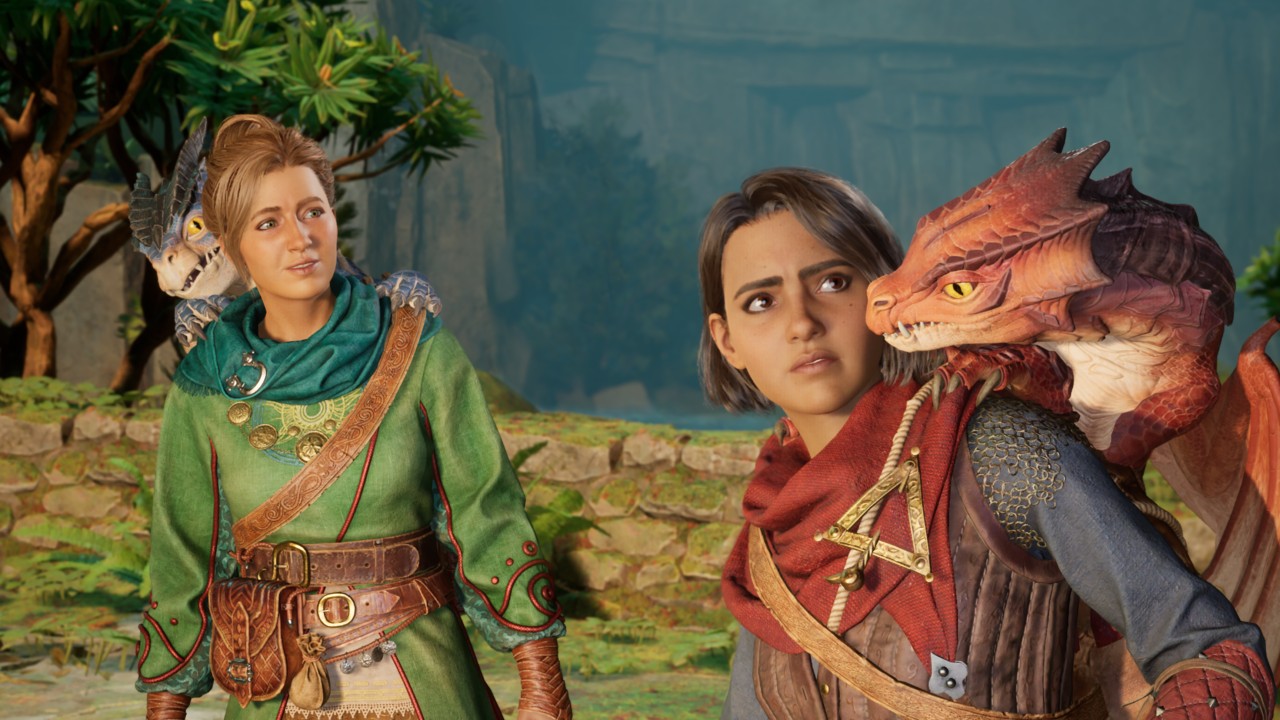 Video games to play this spring, including 'Split Fiction' and 'South of Midnight'
Video games to play this spring, including 'Split Fiction' and 'South of Midnight'The Week Recommends A meta co-op game puts you in a game within a game, and a life simulator that can compete with the 'Sims' franchise